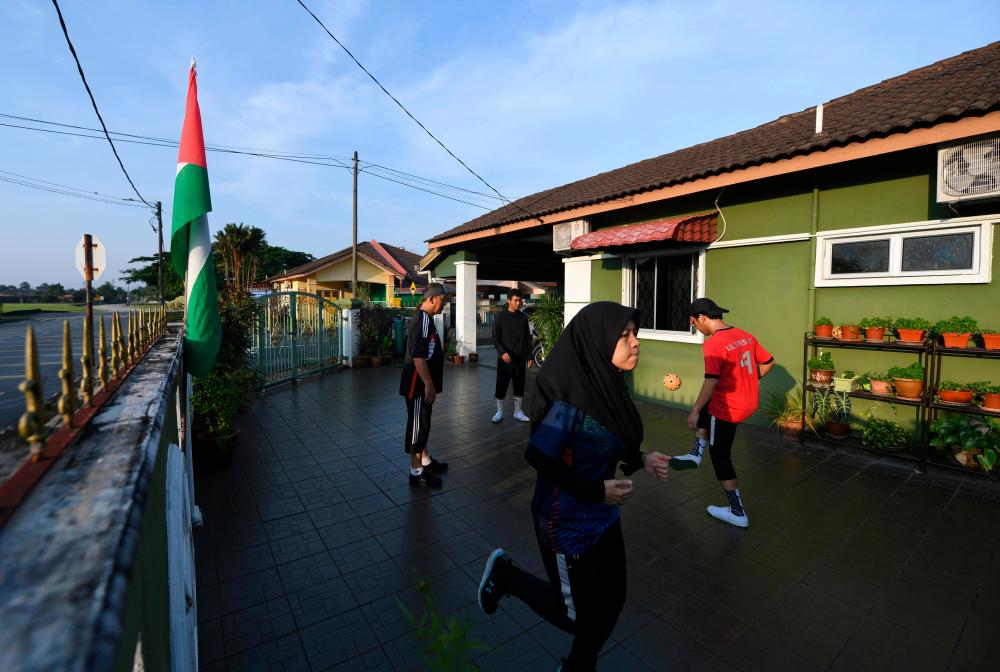PETALING JAYA: More Malaysians are purchasing properties out of town, but views differ on whether the work-from-home (WFH) culture has been the driving force.
Association of Valuers, Property Managers, Estate Agents and Property Consultants vice-president A. Subramaniam attributes it to a significant drop in property prices from last year.
On the other hand, real estate agent Gan Boon How is convinced that the WFH arrangement is the main factor driving the migration from urban centres to semi-urban localities and small towns.
Subramaniam agreed that smaller towns like Rawang and Semenyih are slowly becoming the go-to places to live in, given that the prices are much lower and also negotiable.
“Granted, prices have also dropped in cities. For instance, properties in Kuala Lumpur now cost 20% to 30% lower than they did last year. It’s no longer a seller’s market. It’s a buyer’s market,” he told theSun.
He conceded that the benefits of the WFH culture are obvious. It facilitates flexible work hours, and people get to spend more time at home with loved ones.
However, according to Subramaniam, it is still too early to say if the WFH arrangement has set a trend for urban to semi-urban migration. “Perhaps it will become clearer next year.”
He said what is clear is that homes have become more affordable. “It’s obviously more difficult to sell a property when the economy has slowed down. Not many people are doing well, what with so many losing jobs or having their salaries reduced.”
Affordability is still key, and the availability of freehold land and more spacious homes are some of the reasons people are buying new homes in the outskirts.”
Subramaniam said in future, the home office will become a sought after extra in every house. “People are already looking to upgrade their homes to serve as both living and work areas.
“This also means that a bigger home is necessary. Given that a larger house or apartment is more affordable out of town than in
urban centres, many have opted to move.”
In contrast, Gan said the trend of house buyers seeking property in the outskirts has been picking up, especially in Selangor, and he attributed it largely due to the flexibility afforded by the WFH trend.
“With remote work likely here to stay, expect housing to adjust accordingly as working remotely may mean that people no longer need to live in cities to work at their offices.”
His view has some basis. According to data released by PropertyGuru DataSense, home buyers now favour larger or more spacious units, but in the RM300,000 to RM500,000 price range.
DataSense is the data analytics and solutions arm of PropertyGuru. The latest data was based on property transactions in the first quarter
this year.
Its managing director Joe Hock Thor said the desire for larger, more spacious property has resulted in a shift towards terrace houses as well as properties in the fringes of city centres, driving up transactions in smaller townships in the first three months of this year.
He said the trend is likely to continue until the end of this year.
The report is based on local residential property market transactions.
It states that the total number of transactions in the first quarter of this year rose 44.7% compared with the same period last year.











